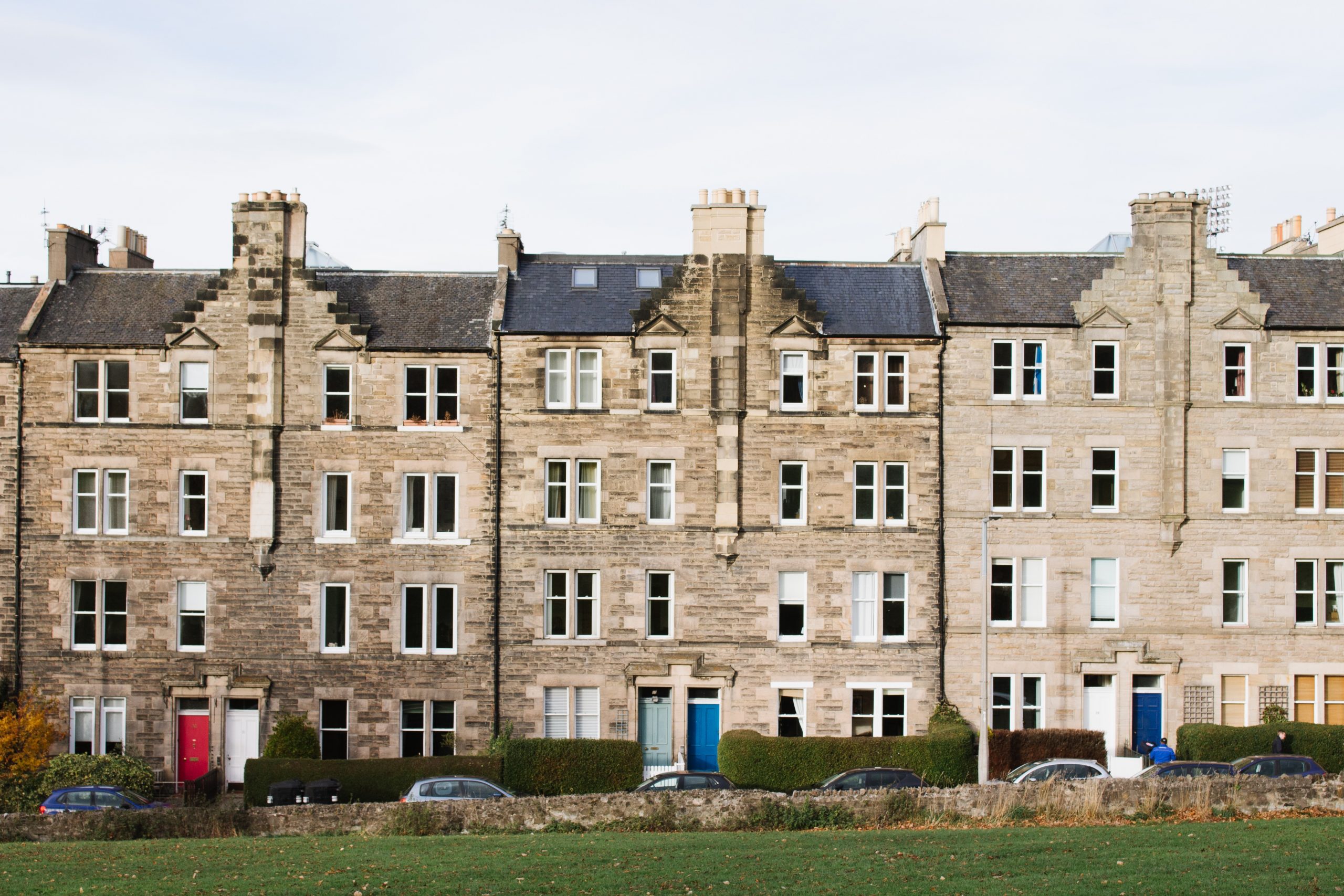Coronavirus (Scotland) (No.2) Bill – housing amendments

This is a brief blog to explain the background to the rented housing amendments I lodged at Stage 2 of the Coronavirus (Scotland) (No.2) Bill on Tuesday 19 May and those I intend to lodge at Stage 3 to be considered on Wednesday 20 May.
The Coronavirus (Scotland) (No.2) Bill is the second piece of emergency legislation to come before the Scottish Parliament. The first was the Coronavirus (Scotland) Act passed in a single day on 1 April.
Both pieces of legislation are designed to respond to the challenges posed by Covid-19 and typically make some administrative changes to how the courts and public bodies work as well as some more substantive policy changes in housing, licensing and justice.
Many people are facing new hardships due to job losses, declines in incomes and wider insecurities. These include renters who, like everyone else, are required to stay at home but whose security in their home its subject to laws on housing tenancies and the attitudes of landlords.
Responding to this, the first Act extended the period of notice required to be given by a landlord to a tenant if they wished to evict them. This was designed to ensure that renters could not be evicted during the pandemic. These reforms, however, did nothing to stop evictions being initiated during the so-called emergency period. I lodged a series of amendments to prohibit any evictions being sought during the crisis (not simply require longer notice periods). These amendments were rejected by Parliament.
Since 1 April it has become clear that longer notice periods will not be sufficient to deal with the hardship likely to be faced by many tenants – hardships that will extend beyond the emergency period when landlords will, if nothing changes, be within their rights to seek to evict tenants once again on the grounds of rent arrears that may have accrued as a result of hardship during the crisis.
So, when the new Coronavirus (Scotland) (No.2) Bill was introduced to Parliament on Monday 11 May I took the opportunity to propose amendments that would seek to deal with the post-covid period. I notified the Housing Minister on Tuesday 12 May of my intentions and invited him to discuss my proposed amendments with a view to potentially supporting them at Stage 2 (or stating why he could not).
I received no response.
Thus I lodged amendments 16-20 which did four main things.
Amendment 16 established a tenant Hardship Fund to respond to tenants in particularly acute distress.
Amendment 17 sought to freeze rents for two years.
Amendment 18 provided that in certain circumstances (to be seat out by Ministers) rent liability for some tenants facing particular hardship could be extinguished.
Amendments 19 and 20 were deigned to ensure that any rent areas accrued during the crisis would continue to be payable to landlords but could not be ground for eviction. This would prevent tenants losing their home but they would continue to be liable to pay any rent arrears accrued.
A number of parties including social housing interests wrote to the Committee with their concerns. I was not copied in to any of these representations and thus was unable to respond to them.
All the amendments were defeated by SNP and Conservative members of the Committee with the Liberal Democrat member supporting three of them and opposing two of them.
The arguments can be seen in the draft Official Report of the Meeting. All the housing amendments were dealt with at the beginning of the meeting.
Debate now moves onto Stage 3, the amendment deadline for which is 0930 on Wednesday 20 April. I am lodging a similar suite of amendments again but further amended to reflect objections made at Stage 2.
Amendment 16 will be taken forward by Pauline McNeill MSP (note that these numbers relate to the Stage 2 amendments, the amendment numbers for Stage 3 will be different)
Amendment 17 will now apply only to the private rented sector and the baseline date will be 1 April so as not to disadvantage landlords who have reduced rents during the crisis.
Amendment 18 now makes clear that writing off rents is only for tenants facing unusual or extreme hardship and it will be for Ministers to define this in regulations. It is NOT and NEVER was framed as a broad writing off of rent.
Amendments 19 and 20 now apply only to the private rented sector and make explicit that arrears can only be disregarded for the purpose of evictions (but remain payable) if the arrears are directly liked to coronavirus.
The redrafted amendments focus the intentions more explicitly, respond to objections and remain a modes but important suite of reforms designed to afford proportionate protections to tenants facing hardship because of factors beyond their control.
Scotland still lags behind many continental European countries in tenants rights and politicians continue to instinctively protect propertied interests rather than the interests of tenants. Since the propertied class have assets, they are relatively well off. For tenants, however, we are talking about their homes, the schools their children attend and the jobs they have. Tenants stand to possibly lose all of this and be kicked out of their homes. Landlords will still have a valuable asset.
It is time to stand up for the human right to a home.